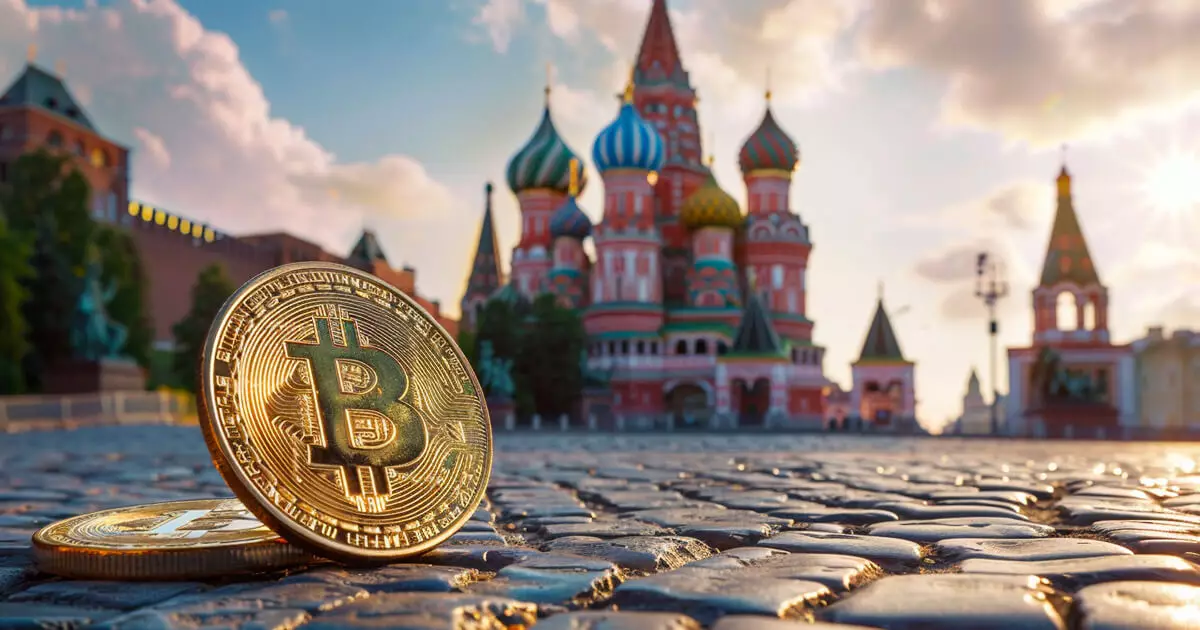The recent bill passed by the Russian State Duma legalizing Bitcoin mining and allowing the use of crypto for international trade marks a significant shift in the country’s approach to digital assets. This move is aimed at addressing the challenges faced by Russian banks due to regulatory constraints and international sanctions. The legislation not only establishes a regulatory framework to oversee crypto mining activities but also mandates that mining activities be regulated by the government and the Bank of Russia. This regulatory oversight is designed to ensure compliance with tax regulations and prevent illicit operations.
Russia’s trade relations with key partners, including China, India, the United Arab Emirates, and Turkey, have been significantly disrupted due to international sanctions. Local banks have become increasingly cautious under Western pressure, leading to the need for new legislation to facilitate international trade using cryptocurrencies. By legalizing Bitcoin mining and the use of crypto for international transactions, Russia aims to enhance its trade relations and challenge global regulatory norms. The country is also considering the official legalization of stablecoins to simplify cross-border payments for Russian companies amid ongoing sanctions.
While the new legislation allows for the sale of mined crypto without utilizing Russian information infrastructure, domestic use of cryptocurrencies for payments remains prohibited in Russia. Additionally, the bill includes a ban on crypto advertising to control the spread of digital currency usage within the country. These restrictions highlight the government’s cautious approach to digital assets, even as they move towards legalizing Bitcoin mining and international crypto transactions. The focus seems to be on regulating these activities while preventing widespread adoption within Russia.
Russia’s Ministry of Finance has proposed allowing traditional exchanges to handle digital asset trading for select investors, indicating a potential opening up of the market in the future. This move, along with the active discussions around the official legalization of stablecoins, suggests that Russia is slowly embracing the idea of digital assets and cryptocurrencies. By regulating these activities and ensuring compliance with tax laws, the government hopes to bring crypto mining out of the shadows and into the mainstream. The ultimate goal appears to be enhancing trade relations, simplifying cross-border payments, and challenging global regulatory norms in the world of digital assets.



















Leave a Reply